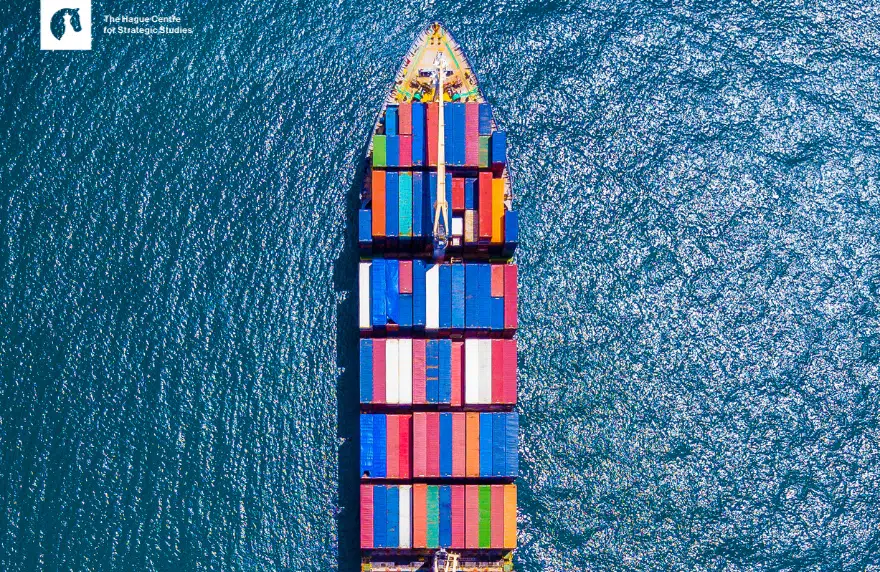How does the war in Ukraine and the redistribution of power towards the Indo-Pacific, and simultaneous technological trends, impact the objectives, tasks, concepts and doctrine, and thus the capabilities for the Royal Netherlands Navy (RNLN) and its European allies?
The Netherlands, like the rest of Europe, is confronted with pressing security challenges. The security environment in Europe has vastly deteriorated following Russia’s invasion of Ukraine, while the global distribution of power is drastically shifting towards Asia, and the horizontal and vertical proliferation of missile and other technologies gives more actors easier access to better weapons.
But European naval forces declined sharply after the Cold War, de-emphasising the traditional tasks for navies and the capabilities needed to execute them. This raises questions about the current state of Dutch and European naval capabilities across a wide range of scenarios in a wide range of locations.
It is difficult to imagine that the rapid intensification of geopolitical disorder and growing number of threats would not demand a greater role from the Dutch and other navies, specifically in light of the difficulties that the U.S. navy is encountering as long-time guarantor of the global maritime commons.
Recent political and military ambitions of the RNLN to play an important role not only in NATO but to a much greater extent than in the past decades also in the Indo-Pacific opens some uncomfortable questions about what choices must be made and which efforts should be prioritised, because neither an European nor an American ship can be in two seas at once.
There is a clear need to balance between the various ambitious political objectives, missions, naval tasks, capabilities, and regional commitments that have been made. The Royal Netherlands Navy will therefore face a series of difficult choices when it comes to future investments and strategy.
This new HCSS report by Paul van Hooft, Davis Ellison and Frederik Mertens seeks to explore these questions, and offers a series of recommendations that may help answer them.
The main conclusions are as follows:
- (1) The RNLN should prioritise its efforts across regions as follows: (1) The Euro-Atlantic Area; (2) Approaches to the Euro-Atlantic Area (Red Sea, Mediterranean, etc.); (3) Western Indian Ocean (Persian Gulf, Gulf of Aden, Arabian Sea). This prioritisation recognises both the resources constraints that the RNLN faces, as well as looks at the most applicable objectives and missions relevant to Dutch and broader European security interests.
- (2) Three areas for capability investment are necessary given the changed maritime security environment: defensive measures against AShMs, the integration of UUVs/USVs/UAVs into naval operations, and the development of improved electronic and physical detection measures. At the same time, ASW, and amphibious capabilities must not be neglected as they will remain as important as they have always been.
- (3) The RNLN should seek out a balance between maintaining and modernising existing surface vessels (its frigates), and assuring sufficient quantity and capability for Walrus-class submarines and their planned replacements. SLOC protection is of national interest for the Dutch government, and ensuring a role in this for the Dutch – in conjunction with its allies – is a priority that cannot be overstated.
- (4) It means finding a balance for the Royal Netherlands Marine Corps between operations as part of NATO’s efforts to shore up the defence of the Scandinavian member states and the Baltic member states on the one hand, and the continuing need to be available for anti-piracy, counterterrorist, and humanitarian tasks.
.
Authors: Paul van Hooft, Davis Ellison and Frederik Mertens.
With contributions from Alisa Hoenig. Quality assurance by Frank Bekkers.
This study was carried out by the Hague Centre for Strategic Studies (HCSS) within a framework agreement with the Royal Netherlands Navy. The conclusions and recommendations presented in this study are the result of independent research. Responsibility for the content rests with the authors and the authors alone.









